
Environmental Groups Condemn Fossil Fuel Lobbyists at UN Plastic Pollution Treaty Talks
Environmental organizations have strongly criticized the presence of over 200 petrochemical and fossil fuel lobbyists at UN negotiations on a global plastic pollution treaty, accusing them of using tactics of “obstruction” and spreading “misinformation.”
“It’s a direct conflict of interest,” said Delphine Levi Alvares, global petrochemical campaign coordinator at the Center for International Environmental Law (CIEL). She argued that industry involvement undermines the treaty’s mandate, which aims to address plastic pollution throughout its lifecycle and promote sustainable production and consumption.
The talks in South Korea, involving representatives from nearly 200 countries, mark two years of negotiations to finalize a treaty to combat plastic pollution. However, environmental groups and some nations view the treaty’s goals as inherently at odds with the interests of fossil fuel and chemical companies, whose products are primary components in plastics.
Industry and Activists Clash on Representation
CIEL’s analysis of the UN participant list revealed the registration of over 200 industry lobbyists, while the International Council of Chemical Associations (ICCA) reported 135 industry representatives in attendance.
Matthew Kastner, media relations director for the American Chemistry Council, defended the industry’s participation. “We are far outnumbered by NGOs and are here to listen to governments and share our technical expertise to help end plastic pollution,” he said.
In contrast, environmental groups claim industry lobbyists exert disproportionate influence, particularly by joining country delegations accused of blocking more ambitious treaty provisions. “NGOs represent public interests, while industries represent private interests,” Levi Alvares emphasized.
Calls for Stricter Delegation Rules
Criticism has also targeted nations that included industry representatives in their delegations, with NGOs arguing that this undermines the integrity of negotiations.
UN Environment Programme Chief Inger Andersen acknowledged the issue but clarified that the UN lacks authority to restrict delegation composition. “We do not have the ability to tell member states who they put on their delegations,” Andersen said, emphasizing the diverse representation at the talks.
A Pivotal Treaty at Stake
The treaty under discussion seeks to cap plastic pollution globally, addressing not only waste but also limiting new plastic production. Environmental advocates see this as a crucial step toward mitigating the environmental crisis.
Despite the tension, observers hope for progress in aligning public and private sector efforts to achieve a sustainable solution to plastic pollution. The talks continue amid mounting pressure to finalize the treaty.
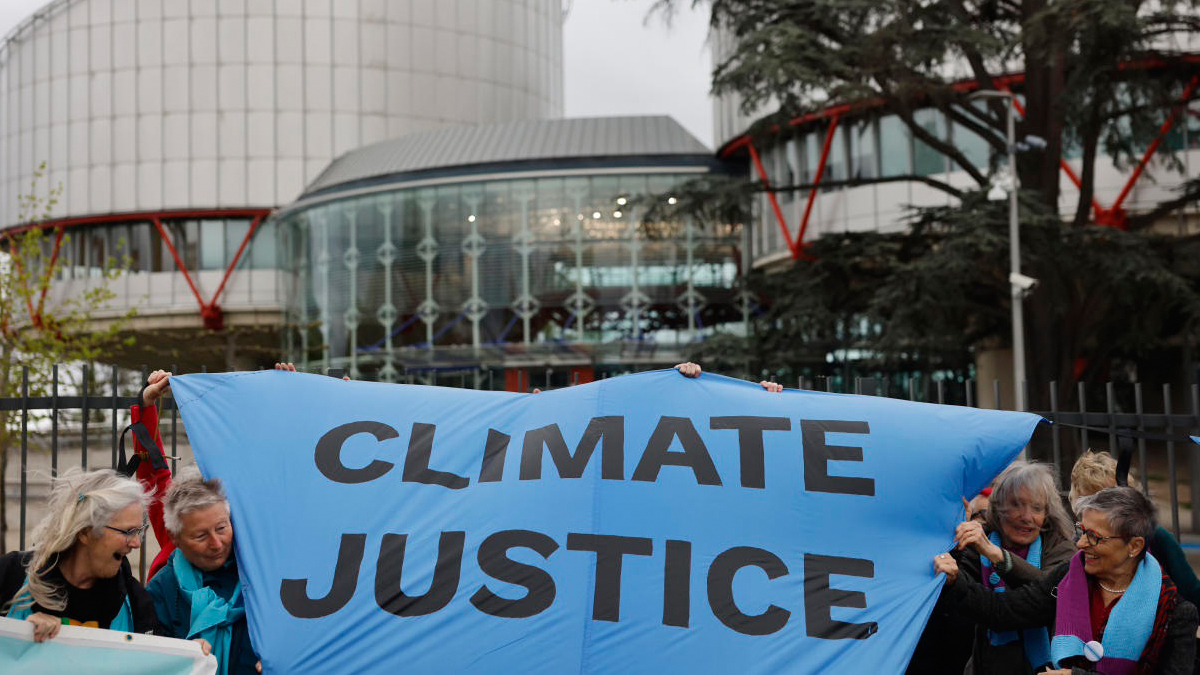
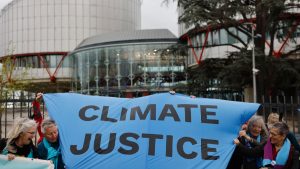


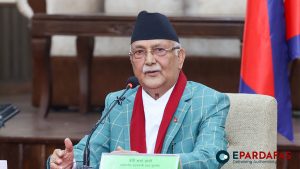
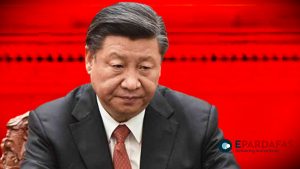
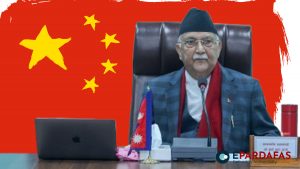






Comments